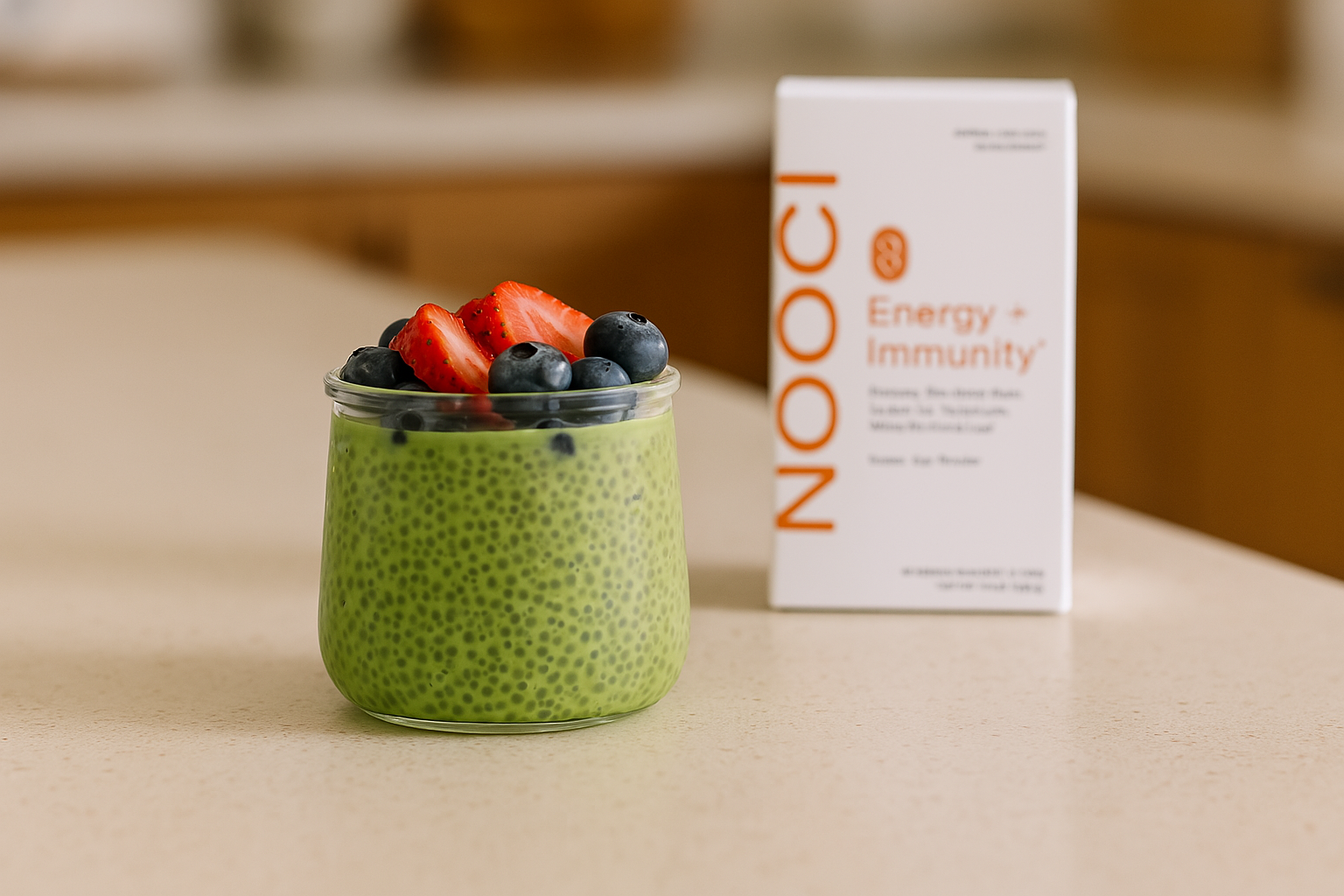The Chinese 24 solar term calendar is an ancient Chinese calendar that divides the year into 24 equal periods, each of which is associated with a specific astronomical event or natural phenomenon. The calendar was first developed during the Zhou Dynasty (1046-256 BC) and has been used in China for over 2,000 years. The solar terms are divided into four seasons: spring, summer, autumn, and winter. Each season has six solar terms, and each solar term has its own unique characteristics.This journey through the 24 solar terms plays a pivotal role in guiding our daily lifestyle, dictating when crops are sown and harvested, inspiring cultural events, and bringing insights into our health and wellness practices.
The 24 solar terms that comprise this calendar include
Spring:
- Lichun (Beginning of Spring)
- Yushui (Rain Water)
- Jingzhe (Insect Awakening)
- Chunfen (Spring Equinox)
- Qingming (Pure Brightness)
- Guyu (Grain Rain)
Summer: Lixia (Beginning of Summer)
- Xiaoman (Grain in Ear)
- Mangzhong (Grain in Full)
- Xiazhi (Summer Solstice)
- Xiaoshu (SlightHeat)
- Dashu (Great Heat)
Autumn: Liqiu (Beginning of Autumn)
- Chushu (Limit of Heat)
- Bailu (White Dew)
- Qiufen (Autumnal Equinox)
- Hanlu (Cold Dew)
- Shuangjiang (Frost Descent)
Winter: Lidong (Beginning of Winter)
- Xiaoxue (Slight Snow)
- Daxue (Great Snow)
- Dongzhi (Winter Solstice)
- Xiaohan (Slight Cold)
- Dahan (Great Cold)
Navigating the Seasons
Spring: A Time of Renewal
In Traditional Chinese Medicine, spring is associated with the liver, the organ responsible for detoxification and metabolism. To nurture your liver, maintain a healthy diet, partake in regular exercise, and strive to minimize stress.
Diet: Spring's diet should mirror the rejuvenating spirit of the season, emphasizing light and refreshing foods. Delight in fresh fruits and vegetables like spinach, onions, radishes, strawberries, and watermelon. Avoid eating fat and highly seasoned foods to detoxify the liver for a smooth qi. Keep yourself well-hydrated by sipping on water and other hydrating fluids.
Lifestyle: Spring symbolizes new beginnings and growth. It's the perfect time to initiate new projects and revel in the revitalizing outdoors, basking in the fresh air and sunlight. Adequate rest is vital during spring to recharge and rejuvenate.
Summer: The Season of Abundance
Summer is associated with the heart, responsible for circulation and blood pressure. Take care of your heart by maintaining a healthy diet, staying physically active, and managing stress levels.
Diet: Summer's diet should be cooling and hydrating, especially as temperatures soar. Embrace the refreshment of bitter melon, cucumber, watermelon, tomatoes, and seaweed. Be mindful to avoid spicy and greasy foods that can heat up the body.
Lifestyle: Summer beckons relaxation and outdoor enjoyment, but remember to guard against heatstroke. Stay cool by consuming ample fluids, donning loose-fitting clothing, and avoiding strenuous activities during the hottest parts of the day.
Autumn: A Season of Harvest and Reflection
Autumn is associated with the lungs in TCM, which oversee respiration and immunity. Support your lung health by eating well, exercising regularly, and minimizing exposure to air pollution. Pay attention to nourishing your spleen and stomach during this time, while the weather is still damp and hot, it is easy to overindulge in foods which can damage the both
Diet: As autumn arrives, focus on a nourishing and supportive diet. Savor the flavors of pumpkin, sweet potatoes, carrots, nuts, and seeds. Stay hydrated with a steady intake of water and other high fluid foods like with porridge or fruits like snow pear and chinese yam that help sooth the stomach, lungs, and liver.
Lifestyle: Autumn marks a time of transition and harvest. Reflect on the past year and set goals for the future while taking care of your physical and mental well-being. Prioritize ample sleep and a nutritious diet.
Winter: A Time for Rest and Reflection
Winter corresponds with the kidneys, overseeing water balance and hormone production. Care for your kidneys with a balanced diet, regular exercise, and maintaining warmth.
Diet: In the midst of winter's chill, warm and nourishing foods take center stage. Enjoy warming foods and herbs like ginger, chestnuts, leeks, onions, chicken, lamb, are great for keeping your qi invigorated and body flowing. Sticking to soups and stews will also help keep body circulation smooth.
Lifestyle: Winter invites tranquility and a focus on conserving energy. Spend quality time with loved ones, indulge in indoor activities, and safeguard against the cold by dressing warmly and avoiding exposure to frigid temperatures.
The 24 Solar Terms: A Deeper Connection with Nature
The 24 solar terms offer us a profound connection with the ever-changing rhythm of the natural world. Each solar term is intricately linked to specific astronomical events or natural phenomena, signifying pivotal moments in the year.
For instance, "Lichun" (Beginning of Spring) heralds the arrival of spring, while "Dongzhi" (Winter Solstice) marks the shortest day of the year. Embracing these solar terms isn't just about shaping our daily routines; it's about harmonizing with nature's rhythms, allowing our bodies to naturally find balance and well-being.






